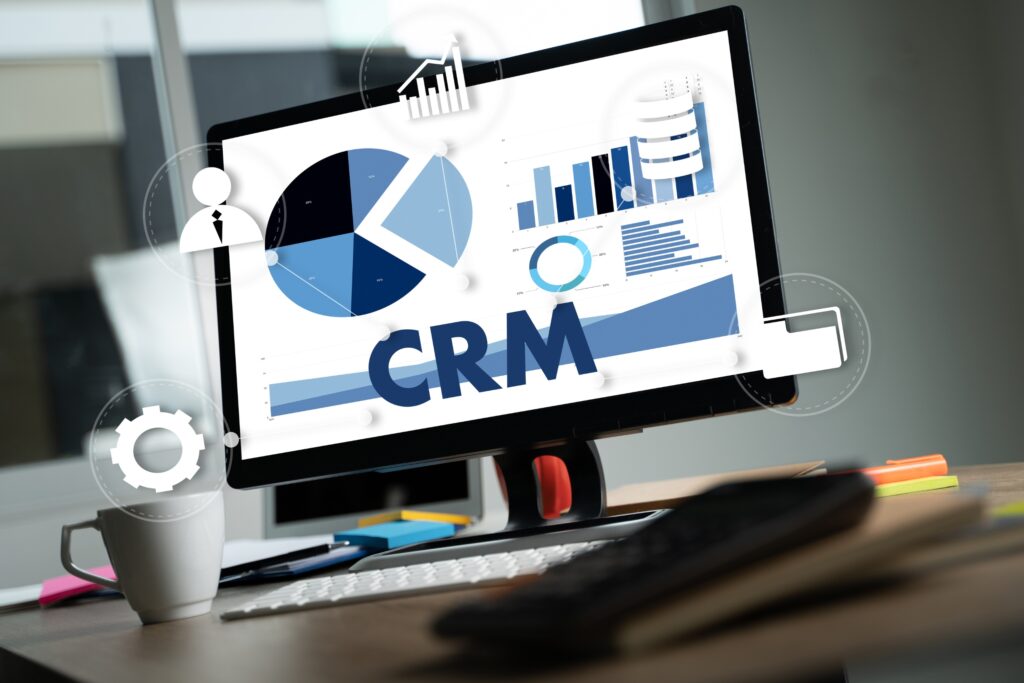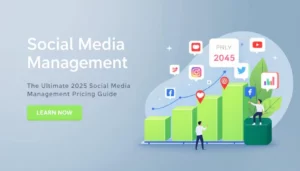
Introduction
One of the best parts of a professional job is when you go from working to having your own full-fledged business. At first, freelancers often use spreadsheets, texts, and chat apps to keep track of their clients. These steps work at first, but as demand rises, they become too much to handle. Clients want faster answers, more regular results, and processes that run more smoothly than any one person can do on their own.
This is why switching from freelancer to agency CRM is so important. A CRM not only keeps track of clients and jobs, but it also sets the stage for growing the business. It changes how businesses are run, switching from unplanned steps to organized routines that help them grow in a way that lasts. One of the most important things for freelancers who want to start their own business is to learn how to use and set up CRM systems.
Why Freelancers Plateau Without Systems
People who work as freelancers often take pride in being flexible and creative, but these qualities can hurt them when business grows quickly. Work gets crazy when you don’t have a way to keep track of leads, client communications, and project deadlines. There isn’t enough organization, so there are jams, delays, and missed chances.
Clients also notice when things don’t seem to be organized. A late reply or missed job may not seem like a big deal, but it can hurt trust and cause you to lose business. Freelancers can’t charge higher prices or build long-term ties when they can’t deliver on time every time.
HubSpot study on the industry shows that companies that use CRMs have higher sales rates, better customer engagement, and better overall performance. When freelancers don’t take care of their processes, they often reach a limit where they can’t take on more clients without lowering the quality of their work. At this point, a lot of people understand that becoming an agency takes more than just drive; it also needs the right tools.
The First Signs It’s Time for a CRM
When it comes to CRM, there are clear signs that a worker is ready to switch to working like an agency. One of the most obvious is not being able to keep track of leads well. There should be a warning sign when possible clients start to get lost because there isn’t a central system.
Having trouble juggling several jobs at once is another sign. What worked when you only had one or two people doesn’t work when you have five or ten. A planned method is often needed when people miss deadlines and talk to each other in different places.
Without a CRM, it’s harder to keep clients as well. If workers have to do every report, update, and product by hand, they will get behind schedule, and clients will notice the lack of regularity. Tools like the ones described on G2 show that companies that use CRM tools make clients much happier. This change makes sure that clients still see value in freelancers as their relationships grow.
How CRM Systems Transform Freelancers into Agency Owners
Adopting CRM is great because it changes not only processes but also how people think. Freelancers start to think like business owners instead of just one person providing a job. They can handle processes, automate conversation, and keep track of results at a large scale with CRMs.
A CRM can, for instance, automatically send the first follow-up emails to prospects, making sure that no lead goes cold. It can also make sure that all new clients have the same professional start by standardizing the training process. These methods make the business look more trustworthy and give the owner more time to work on strategy instead of paperwork.
Neil Patel has talked a lot about how important it is to scale through systems instead of just work. When freelancers use CRM systems, they feel more confident when they start their own business because they don’t have to rely on memory or hard work to keep things going. They can see what’s going on in their business and have more control over the customer trip.
The Financial Benefits of a CRM Transition
If you operate your own company instead of working for someone else, you can do your job better and earn more money. A CRM may help you better bundle your services, keep track of how you generate money, and seek for methods to offer more or different things to the same customers.
It’s considerably simpler to set up consistent revenue when your organization has a CRM at its core. Companies may include CRM-driven features like lead tracking, automation marketing, and feedback screens in their regular service packages instead of just doing them as one-time tasks. Things are fixed now, which is hard for people to do by themselves.
The membership models study by HubSpot shows that businesses with steady income are more solid and worth more. For freelancers who move to work for an agency, getting a CRM is often the first thing they do to start building stable income streams and a stronger financial base.
Building Client Trust Through Professionalism
Freelancers have a hard time when they are seen as “just one person” instead of a real business partner. You can close this gap with a CRM because it makes all of your contacts more professional. Automatic changes, screens with your name on them, and regular touch are all parts of a finished client experience.
People trust a business more if they see that it is quick, open, and well-run. Customers are more likely to stay with you for longer, make more recommendations, and pay more if they trust you. Companies can also charge more because it’s clear what the value is and it’s always there.
G2 papers often say that CRMs improve customer connections by making work easier and clearer. People who wish to establish their own business frequently enjoy this best: it tells customers that the firm cares about their long-term success and is more than simply a job.

Conclusion
It’s both exhilarating and challenging to leave your job and start your own company. What someone does is what determines whether they are successful or not. Freelancers who strive to expand without a strategy typically become weary. On the other side, company owners that utilize CRM systems keep their businesses secure and help them develop.
“Freelancer to agency CRM” is the name of this highly significant stage in a person’s career. In this case, the change could be going from having odd jobs to having steady income or from running your own business to having one that does well. Thanks to HubSpot, G2, Neil Patel, and other big names in the field, it’s easy to see what needs to be done next. When freelancers use CRMs, they take the first real step toward building businesses that last.






